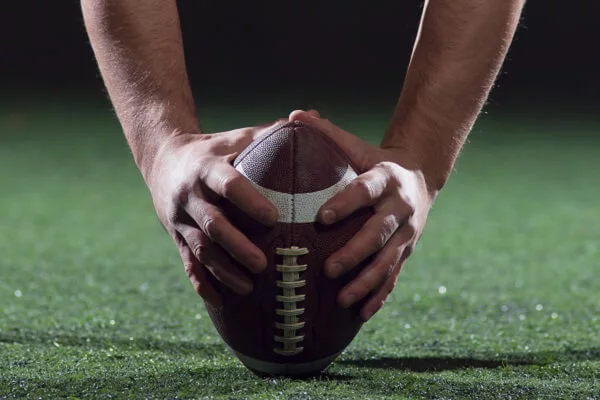
Earlier this month, the NCAA reached an undisclosed settlement with the widow of a former Texas Longhorns football player. The settlement came three days into the civil trial in Dallas, in which the widow argued that the NCAA was responsible for her husband’s brain injuries and death, which occurred more than 40 years after he played for the Longhorns.
Greg Ploetz, who played on the Longhorns’ 1969 national championship team, died from brain injuries in May 2015, at the age of 66. Ploetz’s widow, Debra Hardin-Ploetz, subsequently filed a complaint against the NCAA alleging negligence and wrongful death. Her lawsuit was seeking over $1 million in damages.
Ploetz played defensive tackle and linebacker at Texas through the years of 1968-1971. He was named Southwest Conference Defensive Player of the Year in his final season. Rather than pursuing a professional athletic career, Ploetz pursued a career in teaching after college. After his death, his brain was donated to the Concussion Legacy Foundation at Boston University. The doctors of the Foundation concluded that Ploetz had Stage 4 chronic traumatic encephalopathy (CTE), which is the most severe level of the degenerative neurological disease caused by numerous blows to the head.
In the complaint, Hardin-Ploetz claimed that her late husband “suffered numerous concussions and sub-concussive blows to the head,” while playing at Texas, and that the NCAA’s “failure to take effective action to protect from the long-term effects of concussions and sub-concussive blows to the head while he played NCAA football” contributed to his death. According to the Associated Press, Ploetz had suffered from “memory loss, difficulty communicating, and confusion.”
Further, the complaint stated that “during all times relevant to this complaint, the NCAA knew, or should have known, of the long-term dangers of concussions and sub-concussive blows to the head regularly suffered by intercollegiate football players.” In addition, “the NCAA failed to initiate policies or rules necessary to protect [Ploetz] in the face of long-standing and overwhelming evidence regarding the need to do so.”
Hardin-Ploetz’s settlement comes four years after the NCAA agreed to settle a class-action head injury lawsuit by creating a $70 million fund to diagnose thousands of current and former college athletes to determine if they suffered brain trauma playing football, hockey, and other contact sports. This previous settlement stopped short of setting aside money to pay players who suffered brain trauma. Instead, injured athletes can sue individually for damages.
This lawsuit was considered to be a potential landmark case, as it is the first civil case in which an individual plaintiff made it to trial while arguing that an organization failed to take necessary steps to prevent football players from developing brain injuries.
In a statement after the settlement, NCAA’s chief legal officer, Donald Remy, provided a statement: “The settlement gives all parties the opportunity to resolve the case outside of a lengthy trial…The NCAA does not admit liability as part of the settlement.” Hardin- Ploetz’s attorney had not provided a statement at the time this article was drafted.
